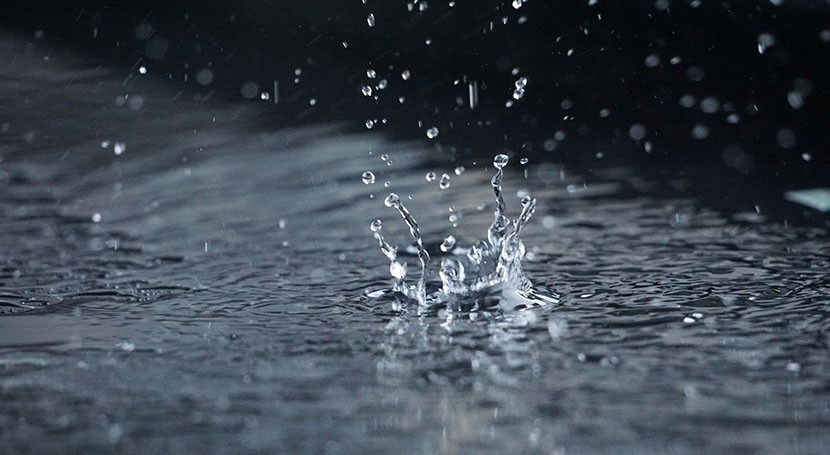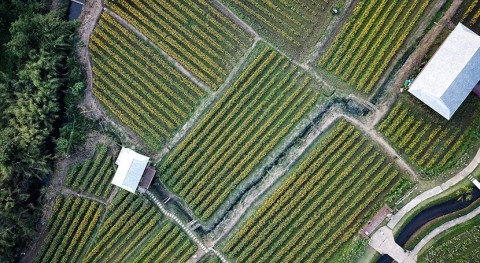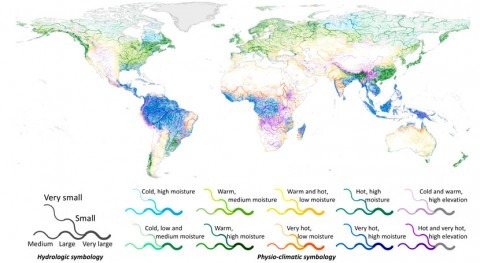We know the lakes and rivers in and around urban environments are contaminated by plastic debris, detergents, pesticides, heavy metals and other contaminants, but new research is showing that urban runoff toxicity is ill-defined and potentially underestimated globally. Researchers including Nathalie Tufenkji, Professor of Chemical Engineering at McGill University and Canada Research Chair in Biocolloids and Surfaces, are calling for cities to better manage and treat urban runoff to protect sources of drinking water and reduce the impacts on aquatic ecosystems.
Cities need to better manage and treat urban runoff to protect sources of drinking water and reduce the impacts on aquatic ecosystems
As urban areas increase, so does urban runoff, directly impacting surface water quality and storage. This can cause acute toxicity to aquatic organisms, or even present a chronic risk to ecosystems and to humans via seafood and drinking water. For example, urban runoff mortality syndrome is a phenomenon that describes mass die-offs in salmon due to untreated storm-water.
The researchers say international actions and policies could be implemented to control pollutant release, preventing adverse ecological impacts. "Cities need sustainable technologies to simultaneously treat and store runoff, especially for densely populated cities," said Tufenkji. Some examples of these sustainable solutions include retention ponds and settling tanks. "Such retention processes could act as on-site surge tanks while also removing several contaminants from runoff before discharge into natural waters."












